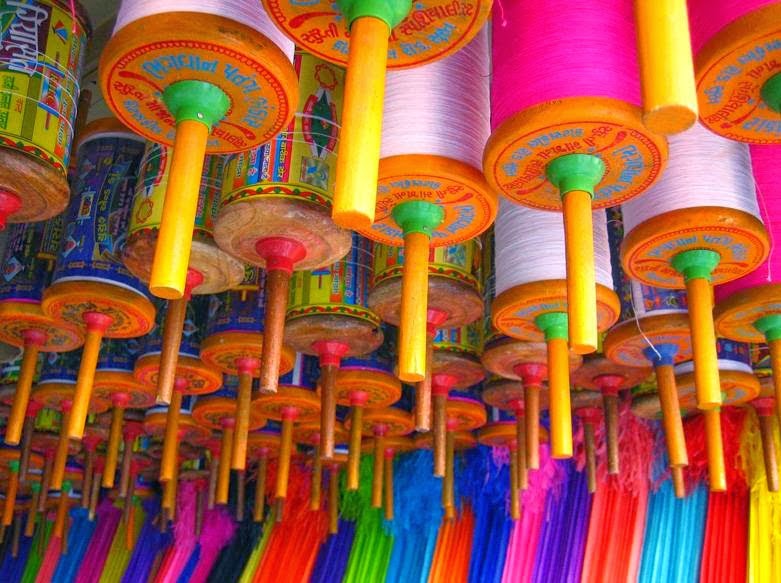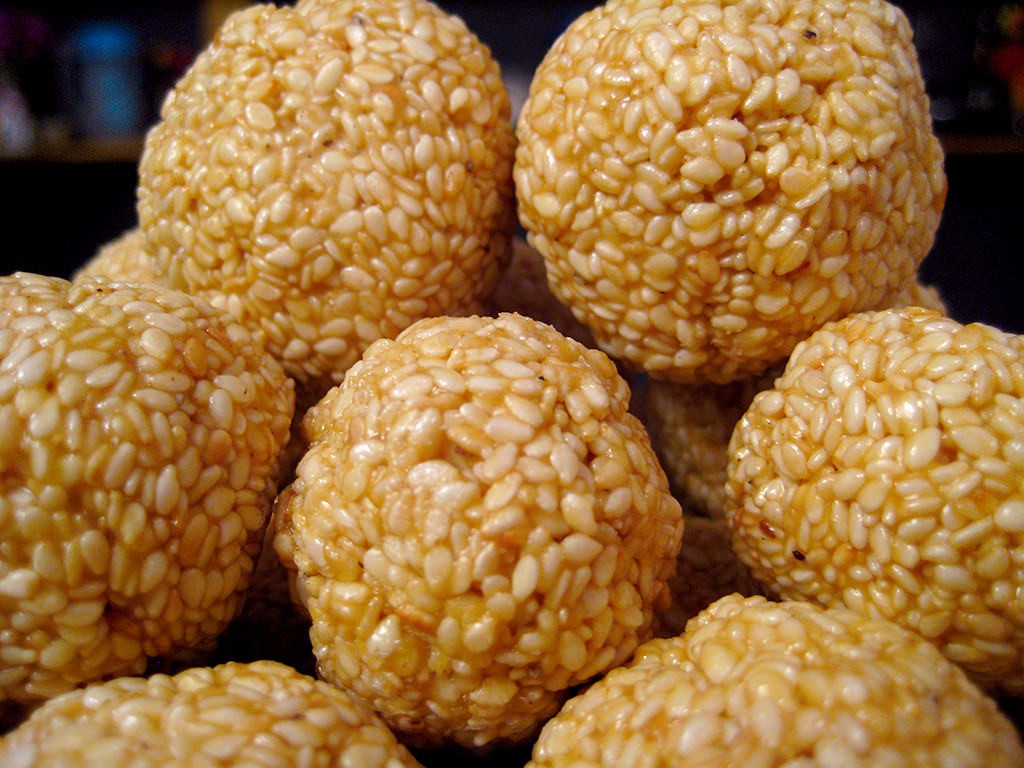One Festival, Six Unique Celebrations
How Makar Sankranti is celebrated uniquely across different states of India
Makar Sankranti, contemporarily known as the Kite Flying Festival marks the first day of the sun's movement into the Makar rashi (Capricorn zodiac sign), marking the end of winter and the beginning of warmer longer days. This festival is the only Indian festival to be celebrated according to the solar cycles, while most festivals follow the lunar cycle of the Hindu calendar.
Makar Sankranti is a festival that makes you look forward to beautiful kites, sweets made with sesame seeds and jaggery, prayers, harvest, bonfires, and longer, warmer days. While Makar Sankranti festivities in Gujarat, Rajasthan and Tamil Nadu are widely known, Booking.com, the leading travel platform has curated a list of destinations with unique traditions associated with the festival. From being known as Maghi in Punjab to Magha Saaji in Himachal Pradesh, witness the diverse celebrations across the country when it is safe to do so.
Makar Sankranti is celebrated as Maghi in Punjab, where Hindus bathe in a river in early hours and light lamps with sesame oil, a ritual believed to give prosperity and drive away all the sins. The festival is widely celebrated by the Sikh community where a major fair (mela) is held at Sri Muktsar Sahib, in honor of forty Sikh warriors who were killed during the Battle of Muktsar in 1705, a historical event in Sikh history. People indulge in festivities by eating kheer, called ‘Rauh di kheer’, a traditional recipe where rice is cooked in sugarcane juice. The dish is prepared in the evening before Maghi and is kept to cool and served cold the next morning on Maghi with red-chilli mixed curd.
In Shimla district of Himachal Pradesh, Makar Sankranti is known as Magha Saaji, signifying the start of the month of Magha. People celebrate the festival with their friends and family, eat Khichdi mixed with lentils, consume raw sugarcane and jaggery as a part of celebrations. The festivities are concluded with people enjoying a traditional folk dance, called ‘Naati’ in the evening and singing songs. Travellers can visit Himachal Pradesh during January to witness the festivities, as the snow sets in with a promise of warmer days and pleasant weather.
Makar Sankranti, called Ghugutia and Kale Kauva (literal translation ‘black crow’), is celebrated with great enthusiasm in the Kumaon region of Uttarakhand. On this day, people make sweetmeats out of wheat flour that is deep fried in ghee and shaped like drums, pomegranates, knives, swords etc., which is then strung into a necklace and worn by children on the morning of the festival. Children also sing ‘Kale Kauva’ to attract crows and other birds and offer them portions of these necklaces. This is also sung to welcome the migratory birds who fly back to the region after the winters
Magh Bihu, also called Bhogali Bihu, is a harvest festival celebrated in Assam and marks the end of harvesting season in the month of Maagha (January–February). Here the Makar Sankranti festivities last for a week. The celebrations begin on the last day of the previous month, the month of ‘Pooh’. The festivities include ceremonies where locals play traditional Assamese games such as tekeli bhonga (pot-breaking), install makeshift huts, made of bamboo, leaves and thatch, known as ‘meji’, where they eat food prepared for the feast and then burn them the next morning. One can visit Assam to indulge in traditional Assamese rice cakes locally known as Sunga Pitha and Til Pitha, and coconut sweets called Laru
Makar Sankranti is celebrated with great joy and enthusiasm in Maharashtra, where people exchange multi-coloured halwa (sugar granules coated in sugar syrup) and tilgud ladoos as a gesture. These are exchanged as tokens of goodwill where people greet each other with the words ‘til-gul ghyaa, aani goad-goad bolaa’, which means ‘accept these sweets and utter sweet words’. Women also come together and perform the haldi-kumkum ceremony. On 14th January, the sky across Maharashtra is covered with colorful kites and one can soak in this mesmerizing view while indulging in goad goad til-gud ladoos (sweet til-gud savouries).
Makar Sankranti is celebrated in Karnataka with a ritual called ‘Ellu Birodhu’ where women exchange ‘Ellu Bella’ (regional delicacies made using freshly cut sugarcane, sesame seeds, jaggery, and coconut) with at least 10 families. While exchanging sweets they also wish each other with a popular Kannada saying - "ellu bella thindu olle maathadi" meaning 'eat the mixture of sesame seeds and jaggery and speak only good.’ Makar Sankranti is an important festival for farmers. Farmers celebrate this as ‘Suggi’ or ‘harvest festival’ and decorate their bulls and cows in colourful costumes. They also follow a ritual called ‘Kichchu Haayisuvudu’ where they jump over fire along with their bulls.






